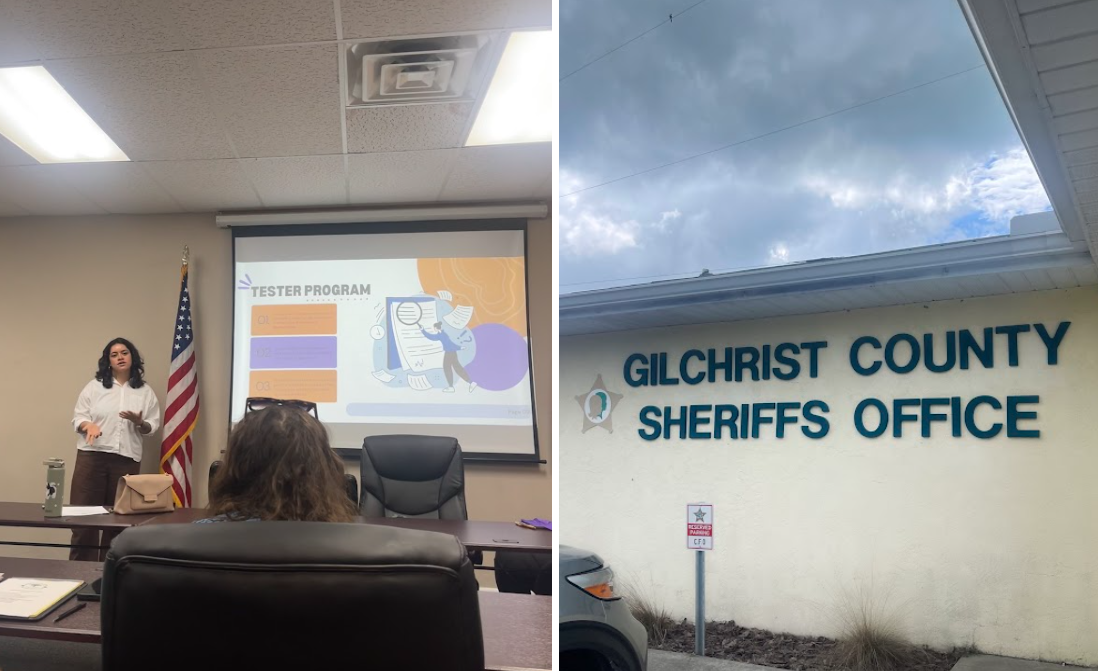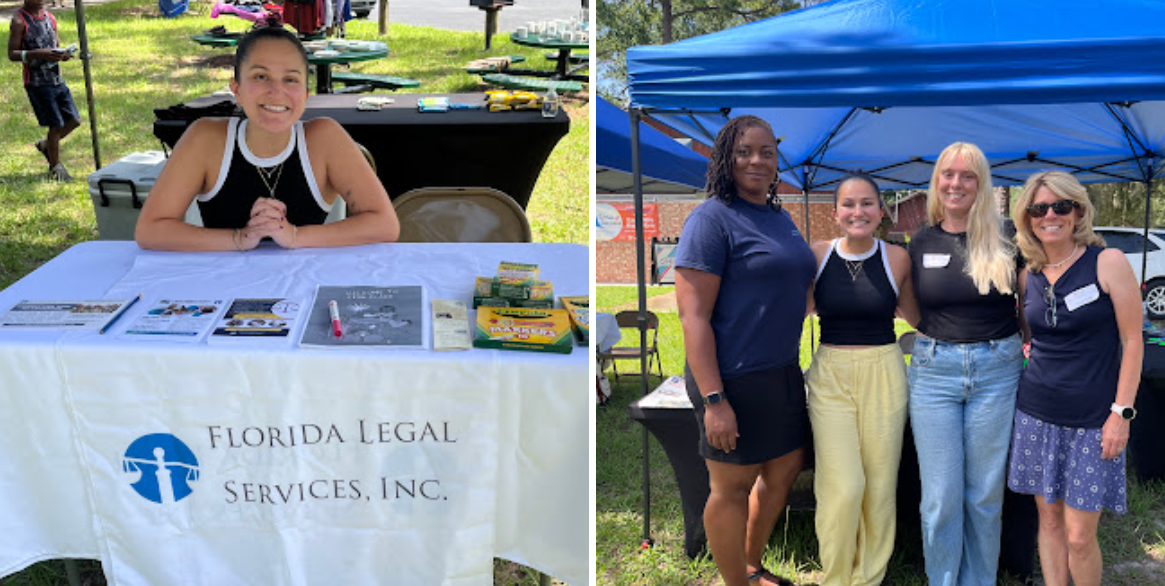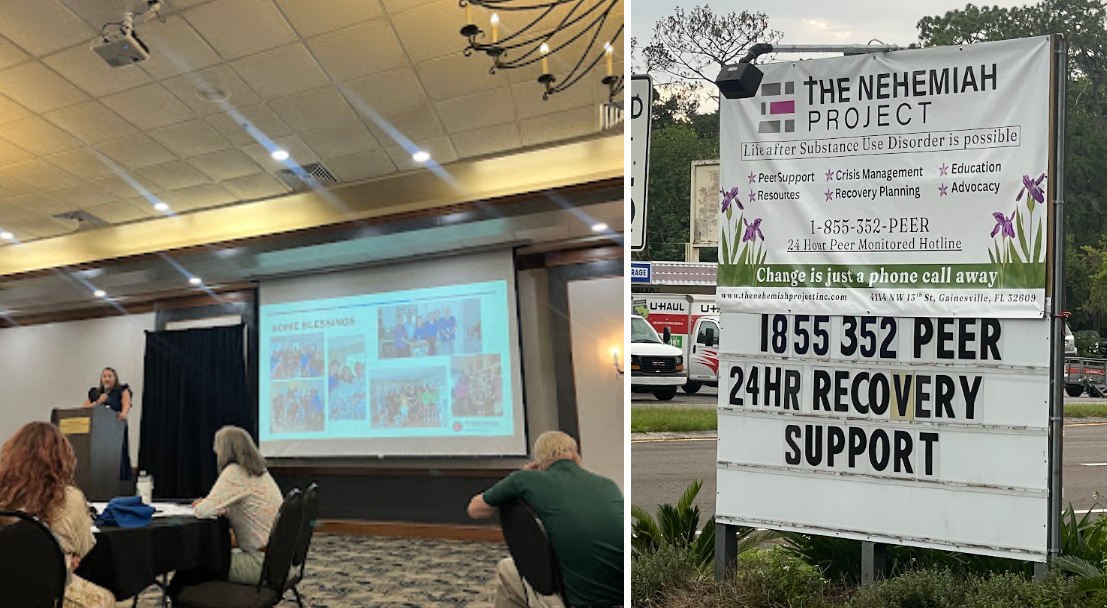July 2025 - Disability Awareness Month
< Back to All Newsletters
Welcome Note
This month, we're honoring Disability Awareness Month by shining a light on disability as a protected class under the Fair Housing Act. Join us as we explore when and how disability became recognized under the FHA, examples of how housing discrimination can present itself, and practical steps for identifying and addressing disability-based discrimination.
Disability Awareness Month
Did You Know…
The Americans with Disability Act (ADA) was established on July 26, 1990 to ensure that people with disabilities were provided protections from employment discrimination and to make public spaces more accessible for all people.
The ADA was amended in 2008, broadening the scope of what should be considered a disability; it would since then incorporate anything that impairs major life activity. Major life activities can include: walking, speaking, breathing, learning, or caring for oneself.
The Fair Housing Act was amended to incorporate disability as a protected class in 1988. The addition of disability as a protected class was to provide protections from disability based discrimination in housing. This addition meant that reasonable accommodations and modifications could be requested by persons with disabilities.
Disability-related discrimination remains the most common type of fair housing violation. In 2024, there were 17,986 disability-based complaints—making up 52.61% of all Fair Housing Act complaints nationwide.
So What Does It All Mean?
The Fair Housing Act ensures that people with mental, physical, and intellectual disabilities are awarded equal access to housing and any reasonable modifications or accommodations they require.
Some examples of disability based discrimination can look like denying someone housing because of their disability or denying a reasonable accommodation/modification. It can also look like misrepresenting available housing by claiming a unit is available and once the housing provider becomes aware that the applicant has a disability, the unit is suddenly “no longer available”.
A reasonable accommodation can include allowing an emotional support animal (ESA), meaning there should not be any pet fees, pet deposits, or breed and size restrictions. Another example is altering the rent’s due date to coincide with when a person receives their Social Security Disability Insurance (SSDI) checks.
A reasonable modification would be assigning someone an accessible parking spot, adding a ramp, grab bars, handrails, widening doorways, or lowering countertops.
What Can We Do?
If you have been denied a reasonable accommodation or modification, you can reach out to our attorneys who are able to write a letter on your behalf stating your case to your landlord, apartment complex, or housing provider.
Raising awareness and remaining educated about these topics is important. Our team hosts various ‘Know Your Rights’ presentations throughout the month and we would love to have you present at our next one.
Knowing your rights is the first step in protecting them. If you believe you’ve been discriminated against, you don’t have to face it alone—resources and legal support are available.
Be aware that if you were served with an eviction notice, you can call our Alachua County Eviction Prevention helpline for FREE legal assistance. Call us today at 888-780-0443!
If you or someone you know has a disability, is facing housing discrimination, or needs legal assistance navigating housing, do not hesitate to give us a call at 407-801-4224 or email us at fairhousing@floridalegal.org
Community Outreach
Upcoming Outreach Events
What We’ve Been Up To
Community Networking Event
One of the best ways to share resources and information is to connect with other community partners! This event held at the Alachua Headquarters library provided us the space to meet other partners and create connections. It is so important to learn about other resources in the communities we serve so that we are equipped with as much knowledge as possible!
Galen College of Nursing Resource Fair
A big thank you to the Galen College of Nursing for inviting us to table at their resource fair earlier this month! It is always great to enter into new spaces and share information about our resources with people that have not yet heard about FLS. We are so happy to have met some of the nursing students and the very welcoming faculty and staff.
Gainesville Housing Authority Briefing
Both of our Housing Justice teams were given the opportunity to present at a Gainesville Housing Authority briefing this month. The Eviction Prevention team shared helpful information on the eviction process and the Fair Housing team went over the Fair Housing Act and what are ‘protected classes’. We are grateful for our partnership with GHA and the chance to speak at their briefings. We are looking forward to more events in the near future!
Gilchrist Prevention Coalition Meeting
Thank you to the Gilchrist Prevention Coalition for allowing us to be the special guests at this month’s meeting that took place at the Gilchrist County Sheriffs Office. Lola, our outreach coordinator, and Pia, our testing coordinator, shared information about housing discrimination, protected classes, and our testing program with members of the Tri-County area.
Cedar Key Outreach
Our outreach coordinator Lola hit the road this month, sharing Fair Housing information with different cities in Levy county. One of those cities being the beautiful Cedar Key, a historic island town filled with culture. The Fair Housing project expands over 15 counties in the state of Florida, and we are thrilled to share information about our services to as many cities as possible!
Disability Expo Fair & Wellness and Awareness Expo
Marissa, the Eviction Prevention Outreach Coordinator, and Mary Claire, our intern for the summer, have been attending various different fairs and tabling opportunities this month. We love being in the community and hopefully helping people stay cool with some of our new fans this summer! If you see us tabling near you, feel free to stop by!
English Conversation Class
Another exciting event that took place this month was a presentation at an English Conversation class that regularly meets in the Tower Road Branch Library. We were so fortunate to speak to a room full of people who wanted to learn more about their rights. Attorneys from the Housing Justice Project came together to empower the community through education and knowledge, sharing helpful information about both the Fair Housing Act and Eviction Prevention.
Parent Night at GNV4 All
Towards the end of the month we were invited to speak at Parent Night at GNV4All. This was the first of a series of presentations we hope to attend at this school in Gainesville. Parents were able to ask our attorneys questions and receive valuable information about their rights, court proceedings, and various legal topics. If you want more information about the next Parent Night Presentation, check out this month’s calendar or email us. We hope to see you there!
GHA Community Pop-Up
In an ongoing effort to be present in the community and share more about tenant’s rights, the Gainesville Housing Authority has given us the opportunity to table at their Community Pop-Ups. We are always looking to build new connections in the communities we serve and are eager to meet people where they are. Thank you to GHA for this growing partnership!
Learning about other resources
Other ways we continue to grow our involvement in the community is by attending workshops and hosting meetings with community partners. This month we attended a Disaster Case Management Training to learn how to be prepared in the face of natural disasters. We also held an introductory meeting with the Nehemiah Project where we shared our project’s mission and received valuable information about what services they offer at their new Gainesville location.
Eviction Prevention in Alachua County:
Alachua County Eviction Prevention Legal Clinic - If you have a housing or legal question that you would like to consult an attorney about, please join us on Gainesville4All Empowerment Center on August 26th from 5:30pm-7pm located at NE 12th St & 19th Place Gainesville, FL 32609. You can speak to an attorney for FREE, if you have any questions or concerns, stop by!
Know Your Rights Workshops - The Alachua County Eviction Prevention team is hosting FREE monthly legal clinics “Know Your Rights As A Renter” at public locations throughout the county. Join the Eviction Prevention team this month at Gainesville4All Empowerment Center on August 26th from 5:30pm-7pm located at NE 12th St & 19th Place Gainesville, FL 32609. Don’t miss this opportunity to hear advice and ask questions of experienced housing attorneys.
Alachua County Eviction Prevention Helpline - CALL: 888-780-0443
This helpline aimed at serving Emergency Rental Assistance Program (ERAP) recipients and other members of the Alachua community is up and running! Helpline operators are accepting phone calls regarding housing, landlord-tenant issues, child support, or any other legal issue faced by low-income Alachua County renters. Callers will be connected with an attorney who can provide legal assistance over the phone and in some cases, direct legal representation. EMAIL TO JOIN MAILING LIST FOR UPCOMING FREE LEGAL CLINIC!
The federal Fair Housing Act (FHA) protects you from discrimination in housing based on race, color, religion, national origin, sex, disability, and familial status. This applies to renting, buying, mortgages, appraisals, insurance, and looking for a place to live.
IF YOU THINK YOU’VE BEEN THE VICTIM OF HOUSING DISCRIMINATION, PLEASE CONTACT US AT:
407-801- 4224 (English)
850-680-1729 (Spanish)
fairhousing@floridalegal.org
www.floridalegal.org/fairhousing
IF YOU ARE AN ALACHUA COUNTY RESIDENT FACING BARRIERS TO HOUSING OR AN EVICTION, PLEASE CALL AND FOLLOW THE PROMPTS TO REACH A LIVE ALACHUA COUNTY OPERATOR:
888-780-0443 (English and Spanish)
www.floridalegal.org/evictionprevention
The work that provided the basis for this publication was supported by funding under a grant with the U.S. Department of Housing and Urban Development. The author and publisher are solely responsible for the accuracy of the statements and interpretations contained in this publication. Such interpretations do not necessarily reflect the views of the Federal Government.










